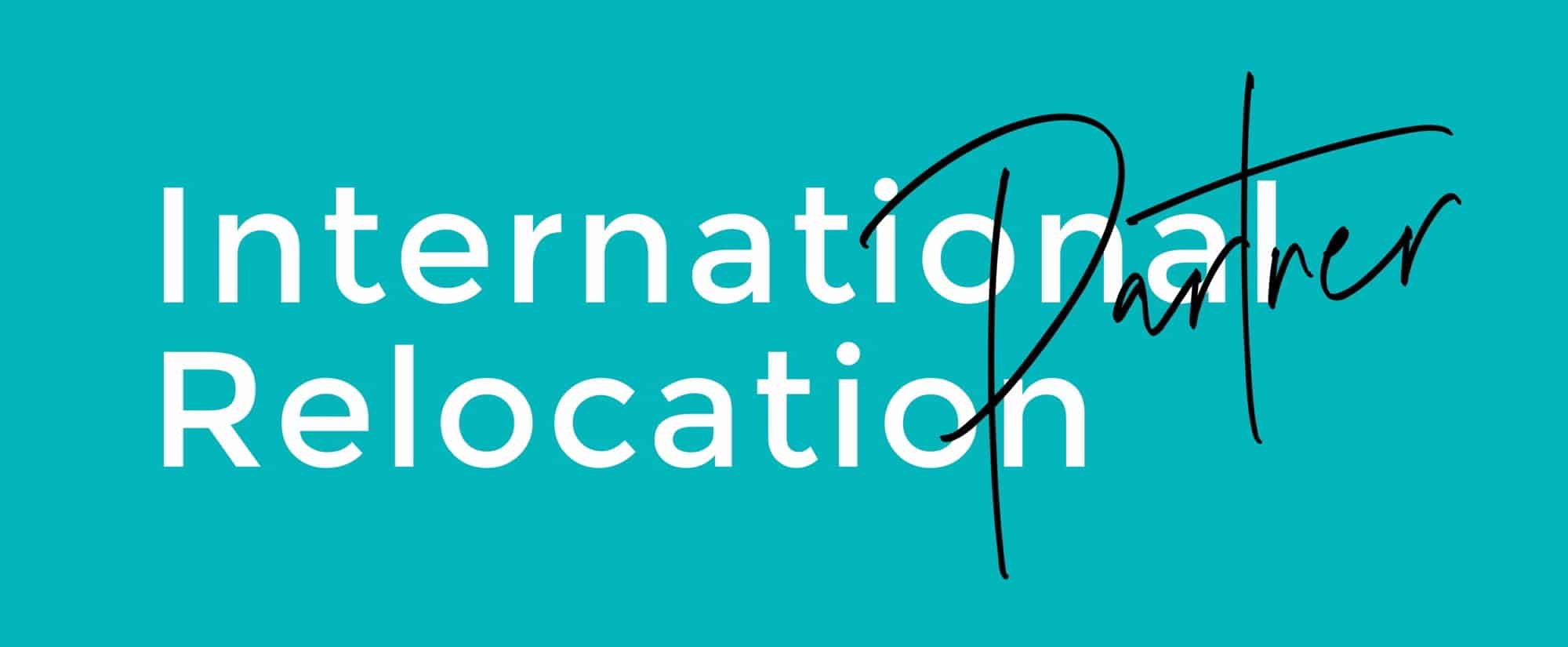Planning your move to Spain is an exciting time filled with new opportunities and experiences, but it also comes with a fair share of paperwork. Whether you’re relocating for work, retirement, or adventure, ensuring you have the correct documents is crucial for a smooth transition.
From obtaining the necessary visas and residency permits to setting up banking and healthcare, being well-prepared can save you time and stress. Understanding the requirements in advance will help you avoid delays and make settling into your new home much easier. Here’s a comprehensive guide to the essential paperwork you’ll need when moving to Spain.
1. Valid Passport and Visa
Your passport is the most fundamental document for your move to Spain. Ensure that it is valid for at least six months beyond your intended stay. Depending on your nationality, you may also require a visa before entering Spain.
- Non-EU Nationals: A visa is required before arrival. The most common visas include:
- Non-Lucrative Visa (for retirees or those with independent income)
- Work Visa (if you have a job offer in Spain)
- Digital Nomad Visa (for those who work remotely)
- EU Citizens: If you are an EU, EEA, or Swiss national, you do not need a visa but must register for residency.
2. NIE (Número de Identificación de Extranjero)
The NIE (Foreigners’ Identification Number) is a must-have document for anyone planning to move to Spain long-term. This number is used for everything from opening a bank account to signing a rental contract and setting up utilities.
- You can apply for an NIE at the local police station or Spanish consulate before arriving.
- If applying in Spain, bring your passport, visa (if applicable), and proof of your reason for needing an NIE (job contract, property purchase, etc.).
3. Residency Permit (TIE – Tarjeta de Identidad de Extranjero)
Non-EU nationals planning to move to Spain for longer than 90 days must apply for a TIE (Foreigner Identity Card) after arriving in Spain.
- Application must be made within 30 days of arrival.
- Required documents include:
- Completed application form (EX-17)
- Passport and visa
- Proof of address (rental contract, utility bill, etc.)
- Proof of financial means or work contract
- Health insurance (private or public, depending on your situation)
4. Proof of Financial Means
If you want to obtain residency when you move to Spain, you may need to prove that you can support yourself financially while living in Spain.
- For non-lucrative visas, applicants typically need to show a stable income (e.g., pension, savings, or passive income) that meets Spain’s minimum financial requirements.
- Work visa holders can use their job contract as proof of financial means.
5. Health Insurance
Healthcare in Spain is excellent, but you must have proper health coverage before obtaining residency.
- EU Citizens: Can use the European Health Insurance Card (EHIC) temporarily, but registering with Spain’s public healthcare system is necessary for long-term stays.
- Non-EU Citizens: Must provide proof of private health insurance or access to Spain’s public system, depending on visa requirements.
6. Housing and Rental Agreements
Having proof of accommodation is often required for visa and residency applications when you move to Spain.
- A signed rental contract or property ownership documents serve as proof of address.
- In some cases, a letter from a host stating you will be staying at their residence is acceptable.
7. Spanish Bank Account
While not always required for residency applications, opening a Spanish bank account is highly recommended for paying rent, bills, and other expenses.
- Many banks require an NIE to open an account.
- Some banks allow non-resident accounts before obtaining an NIE.
8. Tax Identification and Social Security Registration
- If you plan to work in Spain, you need a Social Security Number (Número de Afiliación a la Seguridad Social) to pay into Spain’s tax and healthcare systems.
- Non-EU residents may also need a Tax Identification Number (NIF/TIN) for business or investment purposes.
Final Thoughts
Moving to Spain involves a fair amount of paperwork, but with proper planning, it doesn’t have to be overwhelming. Understanding and gathering these essential documents ahead of time will ensure a smooth transition and prevent unnecessary delays.
At International Relocation Partner, we help individuals navigate the legal and bureaucratic processes of moving abroad. Whether you need assistance obtaining your NIE, setting up residency, or understanding visa requirements, our team is here to guide you every step of the way. Need help moving to Spain? Contact us today to simplify your relocation process!
